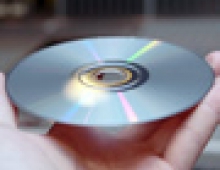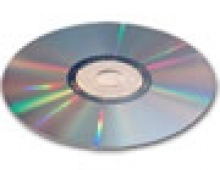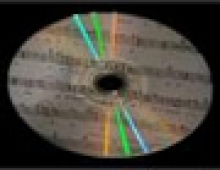
Music industry unveils net sales tracking tag
A music industry trade body launched Monday electronic identity tags to keep tabs on Internet music sales in a bid to compensate musicians and song writers as more of their works become available online. The Global Release Indentifier, or GRid, is a code akin to the Universal Product Code (UPC) bar code found on a CD or cassette tape in stores.
The aim is to track each time a record label, online retailer or distributor such as Microsoft's MSN or Italian Internet service provider Tiscali sells a song in the form of a Web stream or download. Such tracking initiatives are considered vital to an industry that is reeling from lost sales compounded by a slumping global economy and the growth in online music piracy.
With the GRid initiative, resellers would be charged an annual fee of 150 pounds ($245.10), for which they can issue an identity tag to millions of songs sold online.
Each track will be distributed with an individual GRid serial number. Like a bar code, it will be reported back to rights societies and collection agencies so that artists can be compensated for sales.
International Federation of Phonographic Industry (IFPI) and Recording Industry Association of America (news - web sites) (RIAA) have been developing the standard for the past two years.
"If this is done properly, the artists and authors of music will be paid adequately for the sale of their works online," said Paul Jessop, chief technology officer of the IFPI.
He added the GRid initiative is a voluntary system, and that the fee would, initially at least, be covered by the resellers.
With the GRid initiative, resellers would be charged an annual fee of 150 pounds ($245.10), for which they can issue an identity tag to millions of songs sold online.
Each track will be distributed with an individual GRid serial number. Like a bar code, it will be reported back to rights societies and collection agencies so that artists can be compensated for sales.
International Federation of Phonographic Industry (IFPI) and Recording Industry Association of America (news - web sites) (RIAA) have been developing the standard for the past two years.
"If this is done properly, the artists and authors of music will be paid adequately for the sale of their works online," said Paul Jessop, chief technology officer of the IFPI.
He added the GRid initiative is a voluntary system, and that the fee would, initially at least, be covered by the resellers.




















